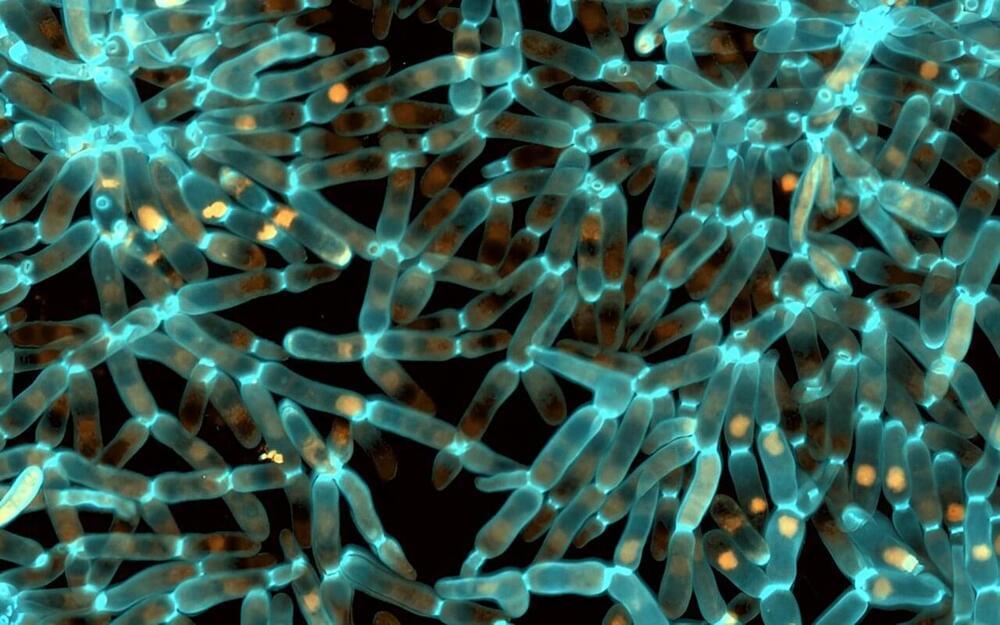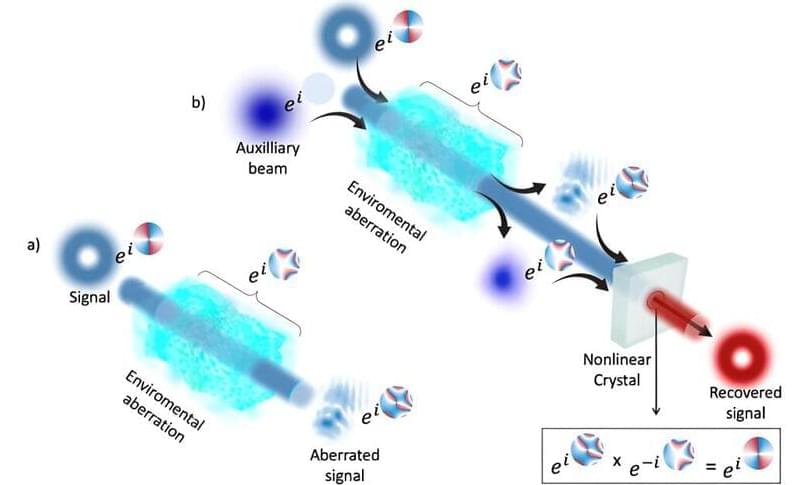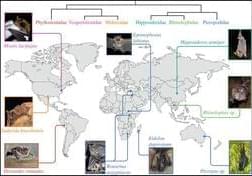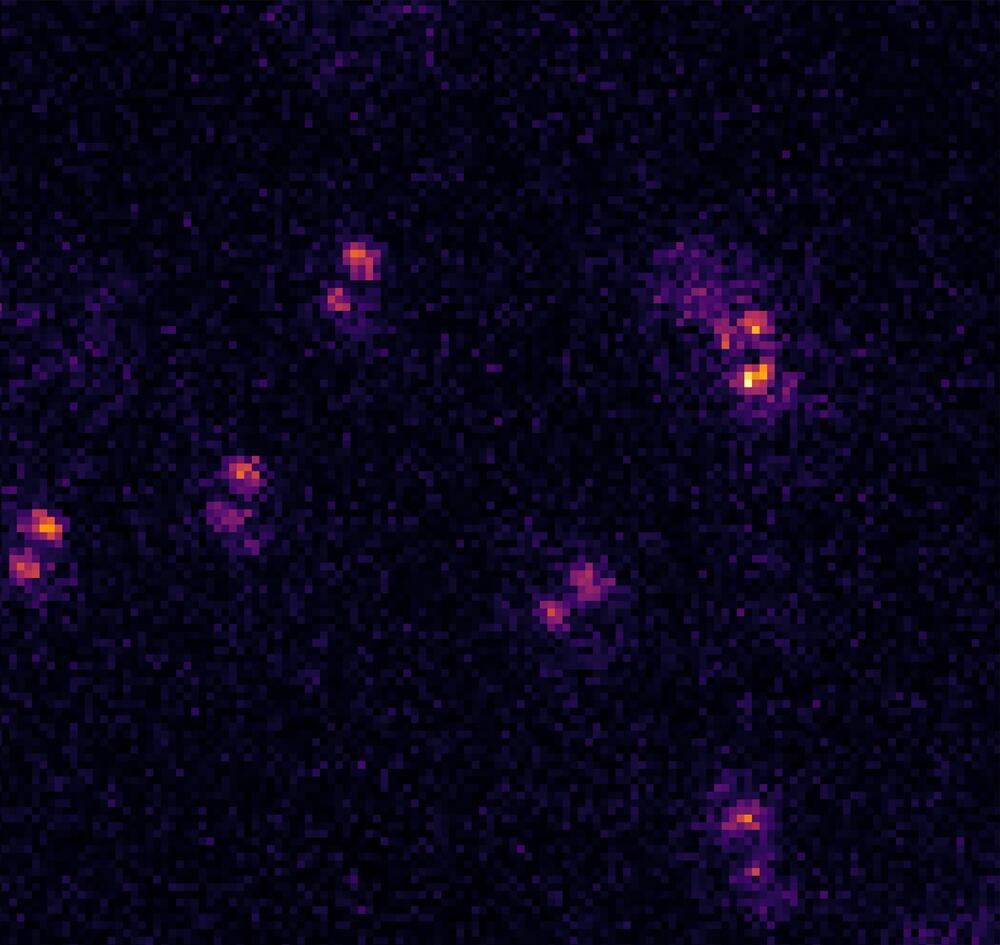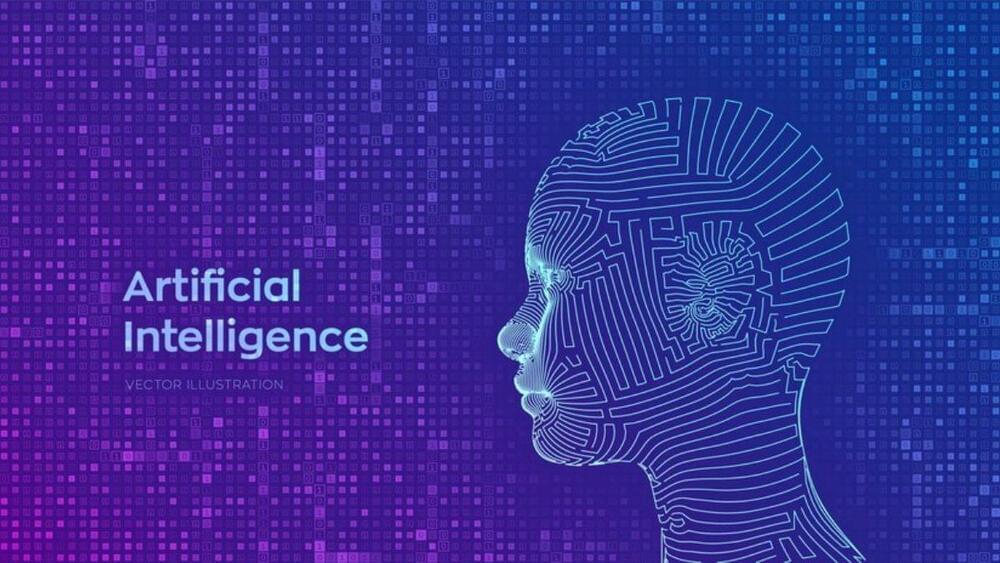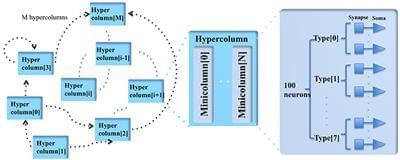Mar 10, 2024
Primordial Magnetism: The Hidden Force Behind Life’s Origin
Posted by Saúl Morales Rodriguéz in categories: biological, chemistry
The perplexing phenomenon of homochirality in life, where biomolecules exist in only one of two mirror-image forms, remains unexplained despite historical attention from scientific figures like Pasteur, Lord Kelvin, and Pierre Curie. Recent research suggests the combination of electric and magnetic fields might influence this preference through experiments showing enantioselective effects on chiral molecules interacting with magnetized surfaces, offering indirect evidence towards understanding this mystery.
The phenomenon known as homochirality of life, which refers to the exclusive presence of biomolecules in one of their two possible mirror-image configurations within living organisms, has intrigued several prominent figures in science. This includes Louis Pasteur, who first identified molecular chirality, William Thomson (also known as Lord Kelvin), and Pierre Curie, a Nobel Laureate.
A conclusive explanation is still lacking, as both forms have, for instance, the same chemical stability and do not differ from each other in their physicochemical properties. The hypothesis, however, that the interplay between electric and magnetic fields could explain the preference for one or the other mirror-image form of a molecule – so-called enantiomers – emerged early on.

